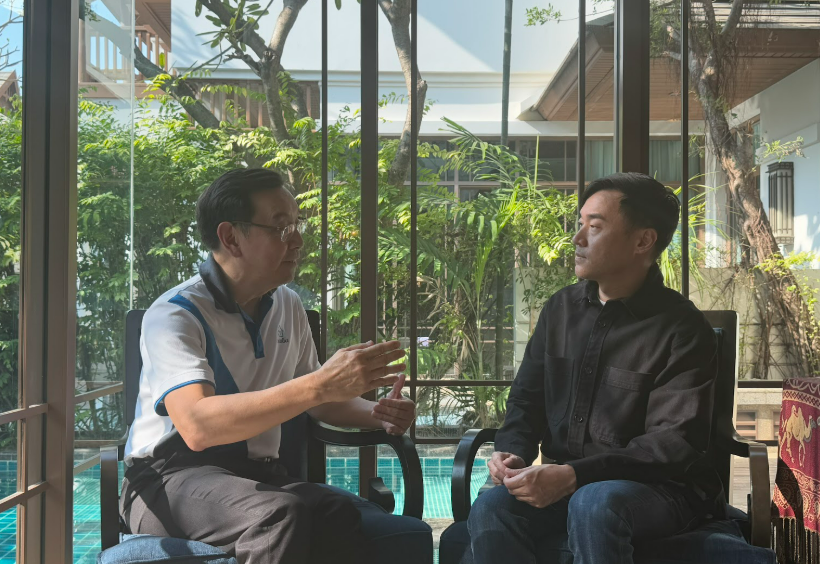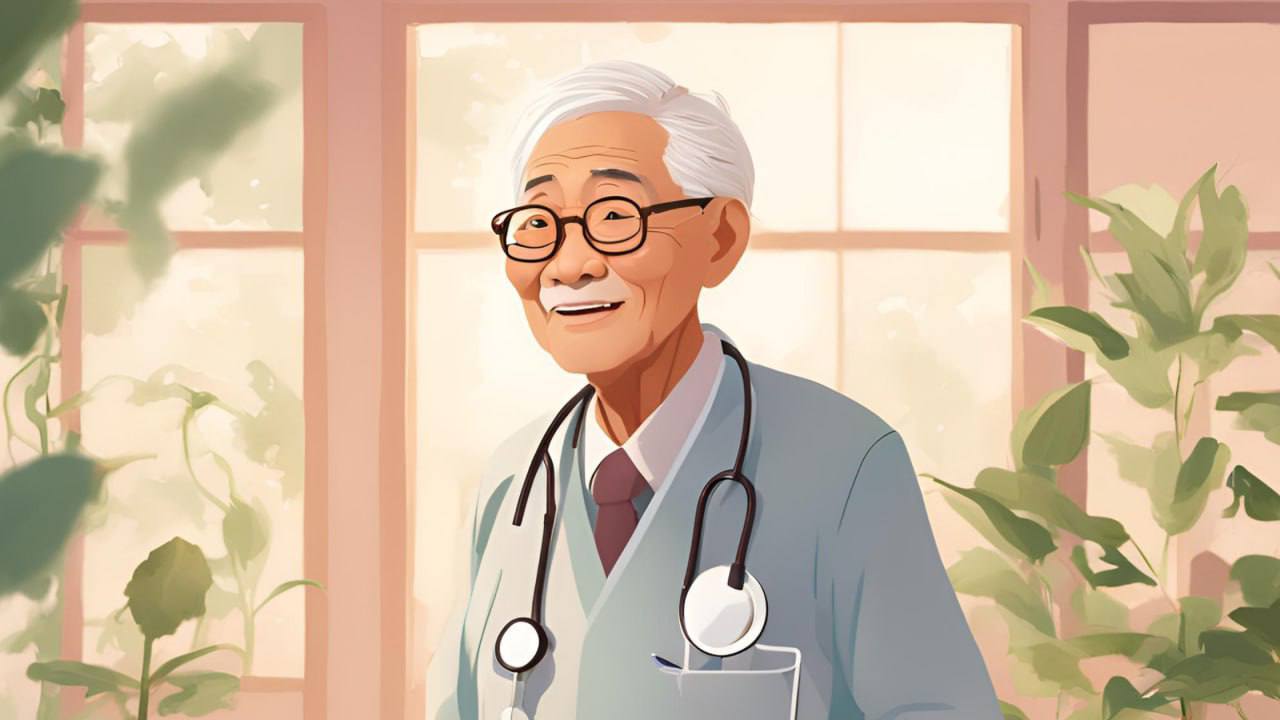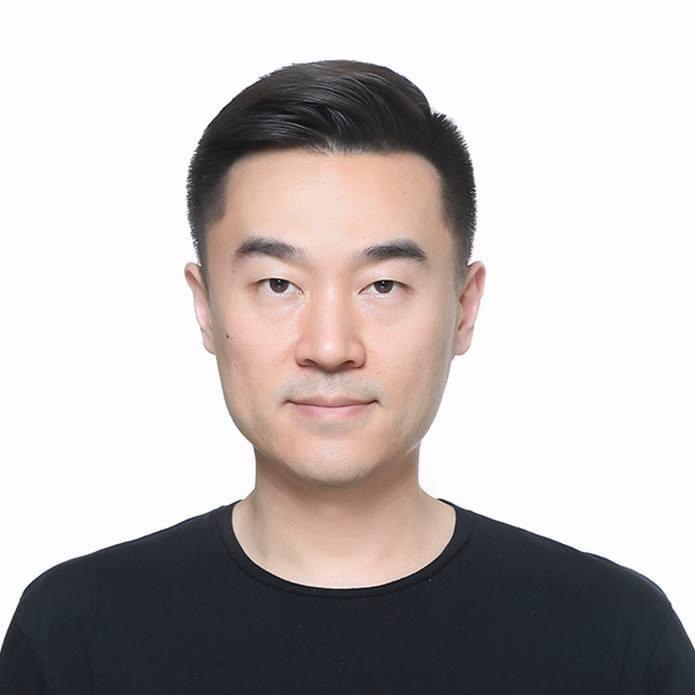Healthcare today is a lifeline, but for many elderly and chronically ill individuals, accessing it feels like an uphill battle. I have witnessed people going through cancer firsthand. The constant trips to hospitals and emergency visits are a grueling routine—physically taxing for patients and emotionally draining for their families. Hospital visits meant enduring long commutes, waiting in crowded lobbies, and coping with the impersonal nature of clinical environments.
This isn’t just one story. Across the world, countless families face similar challenges, especially those caring for elderly loved ones. Many are left to navigate a healthcare system that prioritizes efficiency over compassion, leaving patients feeling isolated and overwhelmed.
Bringing Healthcare Home
Amidst these challenges, there are innovators redefining healthcare, and Dr. Issarang Nuchprayoon is one of them. Through Yuenyen, his nonprofit organization, he takes his practice directly to those in need. Unlike traditional doctors who expect patients to come to them, Yuenyen is built on a simple yet transformative idea: bring healthcare to the patient’s doorstep.

Dr. Issarang’s journey into home-based care began 20 years ago when he was treating children with incurable cancer. He realized that while he could predict which children wouldn’t survive, he hadn’t thought to ask them about their wishes. From then on, he committed to asking every patient what they wanted to do before their next treatment, empowering families to fulfill those wishes early. This approach laid the foundation for what later became a palliative model of care—focused on improving the quality of life for incurable cancer patients.
By visiting patients in their homes, Dr. Issarang eliminates the physical and emotional strain of hospital trips. His care is personalized, taking into account not just the medical needs of his patients but their emotional and psychological well-being as well. His work represents a much-needed bridge between medical care and genuine human connection.
The Compassion-Driven Model of Care
Dr. Issarang’s work is a testament to what healthcare can achieve when it is driven by compassion rather than bureaucracy. Supported entirely by donations, his nonprofit embodies a philosophy of care that prioritizes the patient’s experience and dignity. As he explains, “We have proven that our work will make a difference for healthcare as people, especially the elderly, who choose to be home will be happier, less burden to the family and society thus saves cost for the healthcare system. However, Thailand has universal coverage; people can get free healthcare, but you have to be there at the (crowded) facility. The system was not designed to cover home care.”
This is where Dr. Issarang’s organization operates as a social enterprise, providing care regardless of patients’ ability to pay. He believes that people with similar mindsets will support this mission to make home-based healthcare sustainable. His model not only addresses the needs of individuals but also demonstrates the potential for a more efficient, value-based healthcare system.
Empathy in Action: Redefining Healthcare
For Dr. Issarang, his work is more than a job; it’s a calling. “We deal with diversity of lives, attitudes, settings, concerns, and beliefs which fascinates me and suits my personality. It allows creativity and communication, and other skills to fulfill the patient’s medical, mental, and spiritual needs,” he shares. His dedication has led to the development of a home-based care model for people who prefer peace and dignity in their final days.
As the world grapples with aging populations and increasing healthcare demands, stories like Dr. Issarang’s remind us of the power of empathy. They challenge us to prioritize not just efficiency, but humanity. In a world where technology and innovation often take center stage, it’s critical to remember that meaningful progress is built on compassion and connection.
Dr. Issarang’s story is not just a narrative about better healthcare. It’s a call to action to rethink the role of empathy in driving impact and building solutions that truly serve people’s needs.



 Federal Appeals Court Blocks Trump-Era Hospital Drug Rebate Plan
Federal Appeals Court Blocks Trump-Era Hospital Drug Rebate Plan  Moderna Stock Drops After FDA Declines Review of mRNA Flu Vaccine
Moderna Stock Drops After FDA Declines Review of mRNA Flu Vaccine  TrumpRx.gov Highlights GLP-1 Drug Discounts but Offers Limited Savings for Most Americans
TrumpRx.gov Highlights GLP-1 Drug Discounts but Offers Limited Savings for Most Americans  Merck Raises Growth Outlook, Targets $70 Billion Revenue From New Drugs by Mid-2030s
Merck Raises Growth Outlook, Targets $70 Billion Revenue From New Drugs by Mid-2030s  FDA Targets Hims & Hers Over $49 Weight-Loss Pill, Raising Legal and Safety Concerns
FDA Targets Hims & Hers Over $49 Weight-Loss Pill, Raising Legal and Safety Concerns  Viking Therapeutics Sees Growing Strategic Interest in $150 Billion Weight-Loss Drug Market
Viking Therapeutics Sees Growing Strategic Interest in $150 Billion Weight-Loss Drug Market  Novo Nordisk Shares Tumble After CagriSema Misses Key Trial Endpoint
Novo Nordisk Shares Tumble After CagriSema Misses Key Trial Endpoint  Innovent Biologics Shares Rally on New Eli Lilly Oncology and Immunology Deal
Innovent Biologics Shares Rally on New Eli Lilly Oncology and Immunology Deal  Sanofi Gains China Approval for Myqorzo and Redemplo, Strengthening Rare Disease Portfolio
Sanofi Gains China Approval for Myqorzo and Redemplo, Strengthening Rare Disease Portfolio 
































